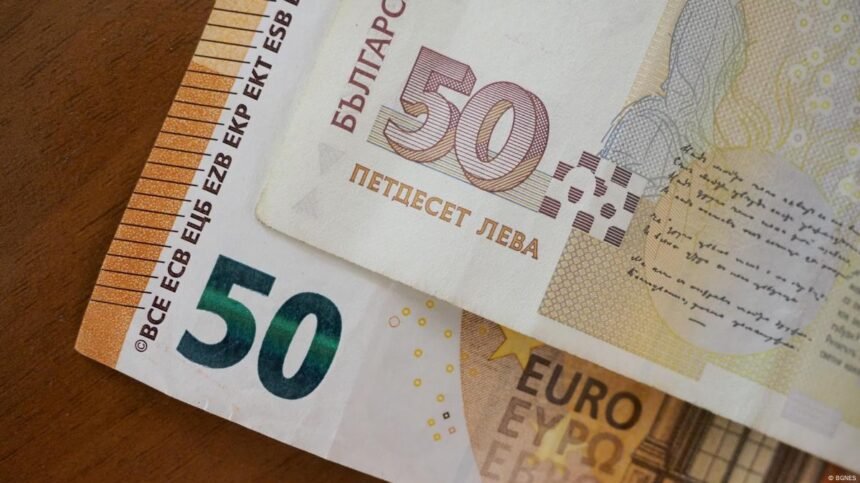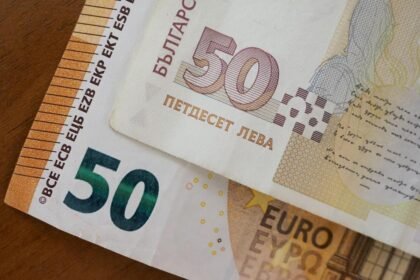The Bulgarian lev is coming to an end! In January, Bulgaria plans to implement the euro, the European single currency. The reform initiatives are yielding positive results. Despite the fact that the euro is one of the most stable currencies in the world, many Bulgarians are nevertheless terrified of inflation.
Sixty-six percent think Bulgaria is not yet prepared. Russian allies and ultra-nationalists in Bulgaria plan anti-euro protests. There are divisions throughout society. All EU institutions confirm the reverse: Bulgaria is prepared and has done its homework.
Does moving to euros have any additional benefits or drawbacks? Bulgarian winegrowers’ first stop. The area has been growing wine for thousands of years. The general director of the winery in the Bessa Valley is Ivailo Antonov. His grapes are flourishing in spite of 40 degree July temperatures: “We sow Syrah. This year, we anticipate a very good crop.
Eighty percent of the 720,000 bottles of wine produced by the firm each year are exported. Currency juggling is costly: “We sell abroad and are paid in euros,” Antonov explains. However, we use levs to pay for the materials we purchase in Bulgaria. Therefore, we pay the bank a lot of money to convert euros to levi and vice versa.
Also Read:
In Texas, a Deadly Measles Outbreak Does little to Dispel Vaccine Skepticism



